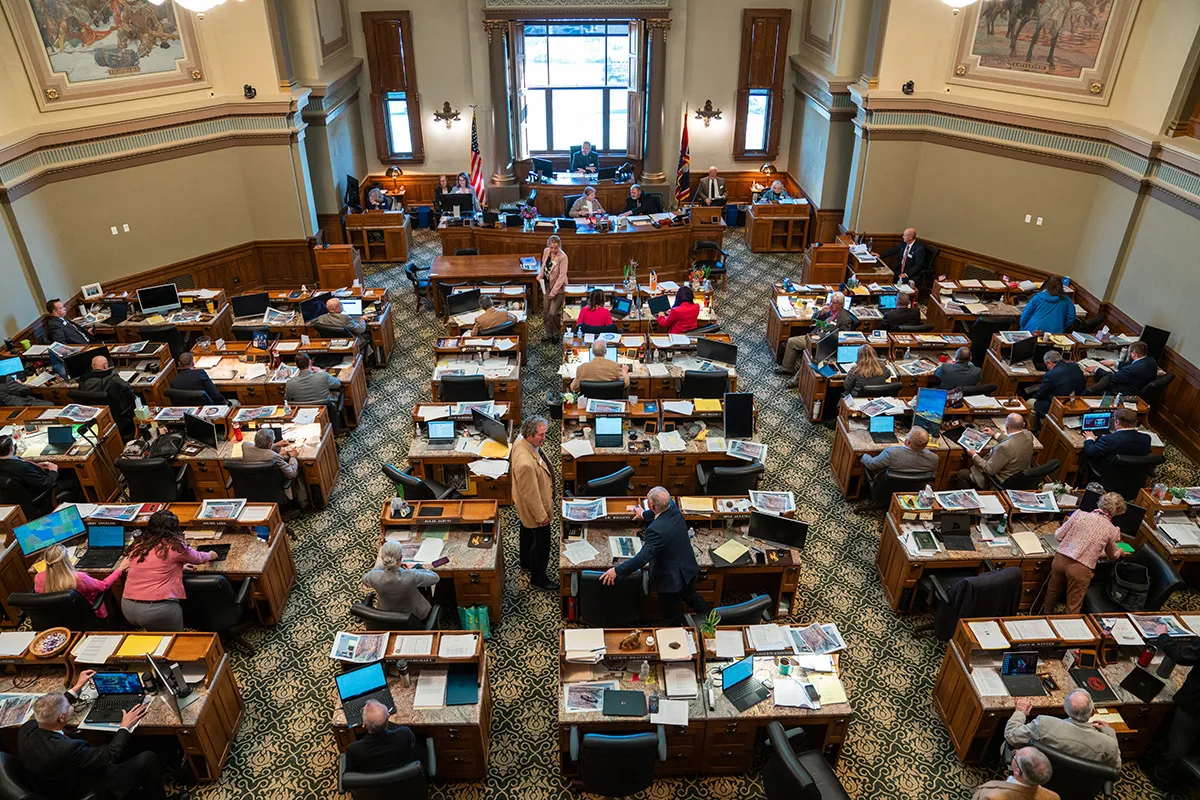With input from FOX Business, CNBC, Reuters, Bloomberg, and CNN.
After two decades of legal brawling, Visa and Mastercard say they’ve got a new plan to settle merchants’ claims that card acceptance is too pricey. The revised deal lands after a federal judge tossed a previous $30 billion proposal last year as too flimsy. This latest accord trims fees a bit, loosens a couple of long-hated rules, and could reshape what cards you can use at the register. But retail groups are already lining up to fight it.
What’s on the table
Small cut, long runway: The networks would lower average credit-card swipe (interchange) fees by 0.10 percentage point for five years. Today, those fees typically run 2%–2.5% per transaction.
Caps and categories: Rates on standard US consumer cards would be capped at 1.25% for eight years — more than a 25% haircut. Merchants could also choose which card categories to accept (commercial, premium/rewards, or standard consumer).
Surcharges get easier: Stores would gain more leeway to add a surcharge for customers paying with Visa/Mastercard credit.
No admission of wrongdoing: Visa and Mastercard still deny breaking antitrust laws.
Clock check: Any changes kick in only if a federal judge approves the settlement; that likely pushes implementation to late 2026 or early 2027.
The estimated value of the new deal isn’t clear yet — backers say it’s bigger than the prior $30 billion pact — but it would end 20 years of litigation over allegations that the networks and issuing banks conspired to keep swipe fees high and stifled competition with restrictive rules.
Swipe fees add up to real money. The National Retail Federation (NRF) says interchange totaled $111.2 billion in 2024 (up from $100.8 billion in 2023 and roughly 4× 2009 levels). With more than a third of US purchases made on credit cards, even a tenth of a percentage point cut ripples across millions of transactions.
Visa (San Francisco) and Mastercard (Purchase, N.Y.) argue the package gives “meaningful relief” and more flexibility, especially for small merchants. Investors shrugged — both stocks edged up less than 1% on the news.
This all follows US District Judge Margo Brodie’s June 2024 rejection of the earlier settlement. She said the proposed relief was “paltry,” would still leave fees above competitive levels, and kept the networks’ “Honor All Cards” rule largely intact — forcing merchants to accept all Visa or Mastercard credit cards if they accept any at all.
The new version tries to answer that by letting merchants refuse premium rewards cards (often the priciest to accept) while still taking standard ones. There’s a catch, though: stores can’t cherry-pick by bank — you can’t accept a Chase Visa but reject a Citi Visa if both are the same card type.
Merchant coalitions say the tweaks are cosmetic.
NRF and the Merchants Payments Coalition argue the cut is too small and temporary, and the deal still lets the networks raise other fees.
“You can’t just suddenly tell more than 80% of your card customers you’re not going to take their cards,” said Stephanie Martz, NRF general counsel. “You would lose a lot of business.”
NACS (convenience stores) says the proposal blocks real negotiations with individual banks and could lock in anti-competitive practices.
Doug Kantor (NACS general counsel) adds that banks get no incentive to lower what they charge; the networks can still increase their own fees “without any limitation.”
On the flip side, the Electronic Payments Coalition — which includes the networks and big issuers like Bank of America, Chase, Capital One, and Citi — backs the deal. Executive chairman Richard Hunt even took a swipe at critics by challenging whether major retailers ever cut prices by 25% and keep them down for eight years.
What it could mean for you at checkout
More “sorry, not that card” moments: Because merchants can decline premium rewards and commercial cards while still accepting standard consumer cards, you might be asked for a different card.
More surcharges: Expect to see card surcharges in more places — clearly disclosed, but still a sting.
Fewer perks? Rewards programs feed on interchange revenue. As Fed economist Joanna Stavins has noted, lower interchange often means lower rewards. If fee income dips, those 2× points and luxe travel perks may follow suit.
There’s a live policy backdrop, too. The Durbin–Marshall Senate bill aims to push more competition into credit-card routing; the payments industry hates it. Supporters of the settlement say it undercuts the need for legislation by locking in a lower fee regime and extra flexibility. Retailers counter that only Congress or the courts can deliver permanent, structural change.
Judge Brodie — who called the last proposal inadequate — must decide whether this package truly fixes the core problems:
Are fee cuts material and durable, or just a timed promo?
Do category choices meaningfully weaken “Honor All Cards?”
Can merchants actually steer customers to cheaper options without running afoul of new fine print?
Does the deal preserve competition or cement network power for another decade?
If she says yes, the long war could end with incremental but real changes to the rules of the swipe-fee game. If not, we’re back to court — and potentially to Capitol Hill. Visa and Mastercard are offering a slimmer tab and looser rules, not a revolution. Whether that’s justice — or just better PR — now sits with a Brooklyn judge.










The latest news in your social feeds
Subscribe to our social media platforms to stay tuned